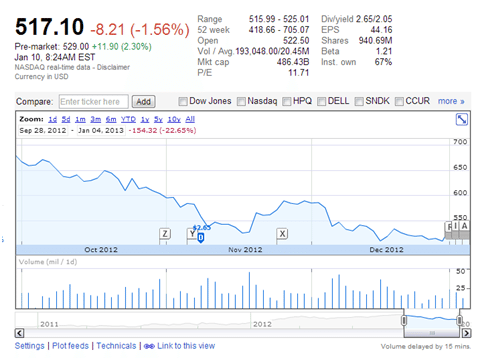Black scholes time to maturity trading days
And hence time zero does not really get reached until we actually are at expiry. Generally speaking want the number of business days, not calendar days, and holidays do matter. For a scholar example, one shall use or days. As you noticed Dmitri , the Quantlib library includes a series of calendars.
These classes are based on various well-known financial markets conventions, such as Actual and ISDA. You might be interested in the following webpage: One thing to keep in mind in all questions about "what's right and what's not?
When a trader marks his vols by looking up option prices on the market, he is going to mark them using the pricing model which his quants implemented.
FIN R Code for the Black-Scholes Option Pricing Model |
So whether he uses one convention or the other, he's still going to get the same price for these options and most likely similar prices for other options.
Now, to answer your question, when it comes to time conventions, neither calendar nor business days are really correct. If you use calendar days then your options will have 3 days time decay on Monday which you can't do anything against. And yet in some cases one can think that the market moves more between Fri close and Mon close than other days so biz days would not be appropriate either.
What some desks, especially in equities implement is an elastic time. That means they weight time depending on much they believe the market will move relative to other days. So for instance any day with foreseeable volatility due to some number announcements results or nonfarm payroll will have a heavier weight. That means that on these days your options will have more decay, which is fair given that the market is expected to move more as well.
However these are very subtle considerations for large volume market-making desks. It is customary to model the option as equal to the intrinsic value on the day of expiry.
Risk managing expiring options is a known headache, and again this is usually done by market-making specialists. Most options traders will avoid having options expiring in their books which are too close to the strike, and if they have them they will have to do a lot of adhoc delta hedging. If you assume a daily time step, then the day of expiry,the value of the option a call in the following example is known , by definition: About the number of days you want to use, keep in mind that you use the underlying BS assumptions that the underlying asset's prices are log-normally distributed, that is, that its return are normally distributed.
This is highly unlikely when you consider business days values, and I believe it would be even more unlikely taking into account days where prices do not change holidays. So, I suggest you to use the days convention. By posting your answer, you agree to the privacy policy and terms of service. By subscribing, you agree to the privacy policy and terms of service. Sign up or log in to customize your list. Stack Exchange Inbox Reputation and Badges.
Black-Scholes sensitivity to time-until-maturity change - MATLAB blstheta - MathWorks France
Questions Tags Users Badges Unanswered. Quantitative Finance Stack Exchange is a question and answer site for finance professionals and academics. Join them; it only takes a minute: Here's how it works: Anybody can ask a question Anybody can answer The best answers are voted up and rise to the top. Ways of treating time in the BS formula. What is the granularity of this? It is that important? It it worth using quantlib to take account of various calendars? Dmitri Nesteruk 1, 10 Here is a quick example moving maturity from 1 year to 0.
Dirk Eddelbuettel 4, 17 Regarding conventions One thing to keep in mind in all questions about "what's right and what's not?

Regarding expiry date It is customary to model the option as equal to the intrinsic value on the day of expiry. Sign up or log in StackExchange.
Sign up using Facebook. Sign up using Email and Password.
Post as a guest Name. In it, you'll get: The week's top questions and answers Important community announcements Questions that need answers. Quantitative Finance Stack Exchange works best with JavaScript enabled. MathOverflow Mathematics Cross Validated stats Theoretical Computer Science Physics Chemistry Biology Computer Science Philosophy more 3. Meta Stack Exchange Stack Apps Area 51 Stack Overflow Talent.